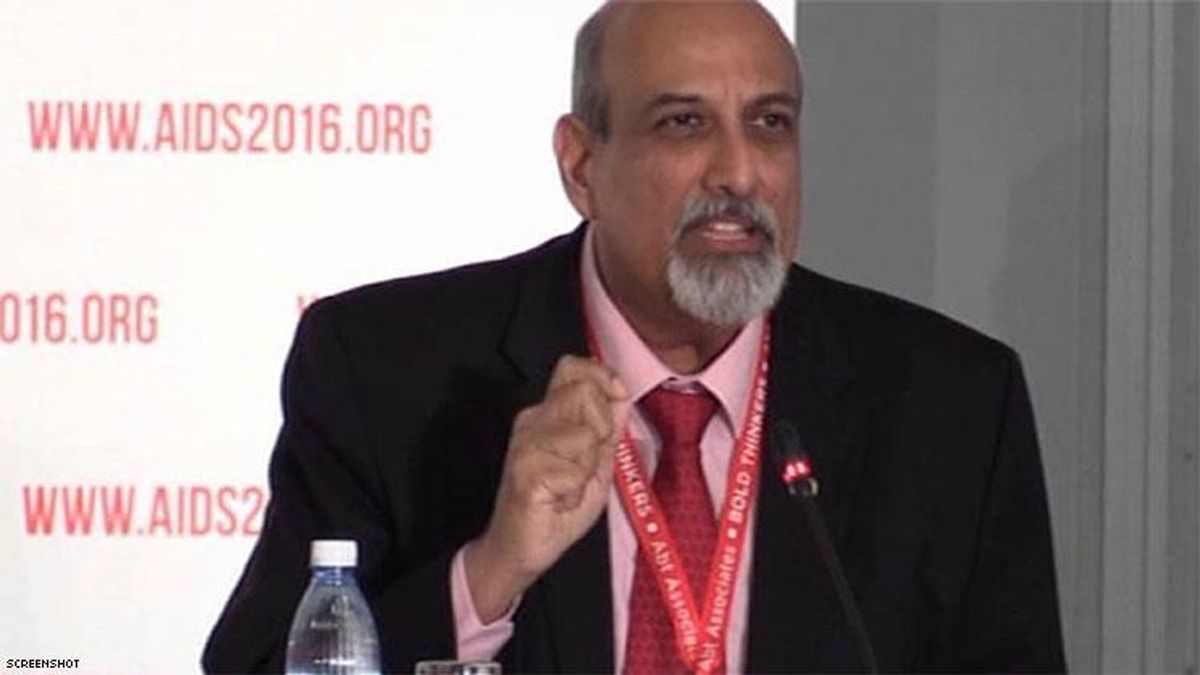HIV researchers have never understood why some people with HIV developed stage 3 HIV or AIDS at different times‚ but now they suspect that it all has to do with their genes, according to reports from Business Day.
A study by South African and United States researchers has shed new light on how specific genes in people can lead to the faster progression of AIDS-related conditions in people living with HIV who are not on treatment.
The study‚ published in the prestigious journal Science‚ polled 9‚763 people living with HIV in South Africa and the US. It showed that people with the specific type HLA progress faster from asymptomatic HIV to HIV-related illnesses.
The viral load in these individuals was higher and their CD4 immune cells were destroyed more rapidly‚ before they started antiretroviral treatment, researchers showed.
It is estimated that about two-million out of nearly seven million people living with HIV in the country have this specific HLA type.
Acclaimed HIV expert Prof Salim Abdool Karim said they had known for a while that if 10 people were contracted with HIV‚ each of them would develop Stage 3 (or AIDS) at different times‚ but they never knew the reason.
"We never understood why," Karim explains. "Now we finally understand what is responsible for whether you are going to get to stage 3 quickly and whether you are going to live longer with HIV. Now we understand that this is due to your genes and one specific type of gene expression called the human leucocyte." He adds, "That’s so important because it tells us for the first time why some people get AIDS and why others don’t get AIDS for a long time."
Karim said the study’s findings highlighted the importance of regular HIV testing‚ "so that people with HIV can get to know their status and start antiretroviral treatment early‚ well before they become ill."
He said the finding had now opened the door to look at whether a new drug being developed for cancer would be able to slow down the development of AIDS.
"I was pleasantly surprised by the findings as I expected the opposite results since the HLA genes were thought to protect against viruses‚" said Dr Veron Ramsuran‚ coleader of the study who is a scientist at Krisp and Caprisa. "Dr Vivek Naranbhai‚ a South African doctor and scientist currently at Harvard University and who is affiliated to Oxford University‚ Caprisa and the Ragon Institute, said this was the largest genetic study on HIV thus far."
Ramsuran concludes, "Moreover‚ these findings are exciting because drugs to target the HLA interaction with immune cells are being developed for cancer but may be repurposed for HIV treatment and cure strategies."


































































